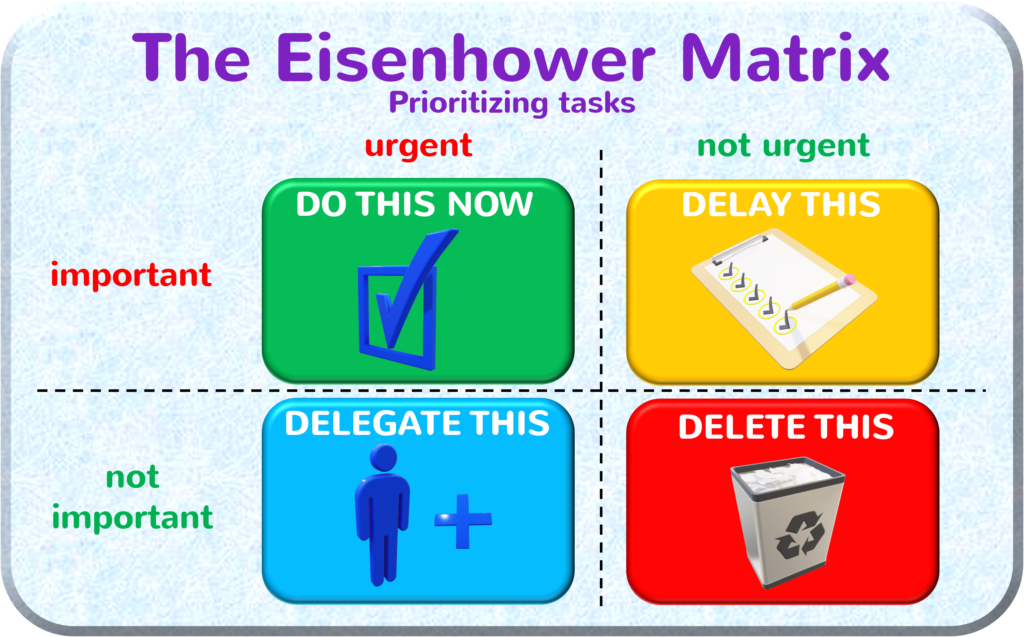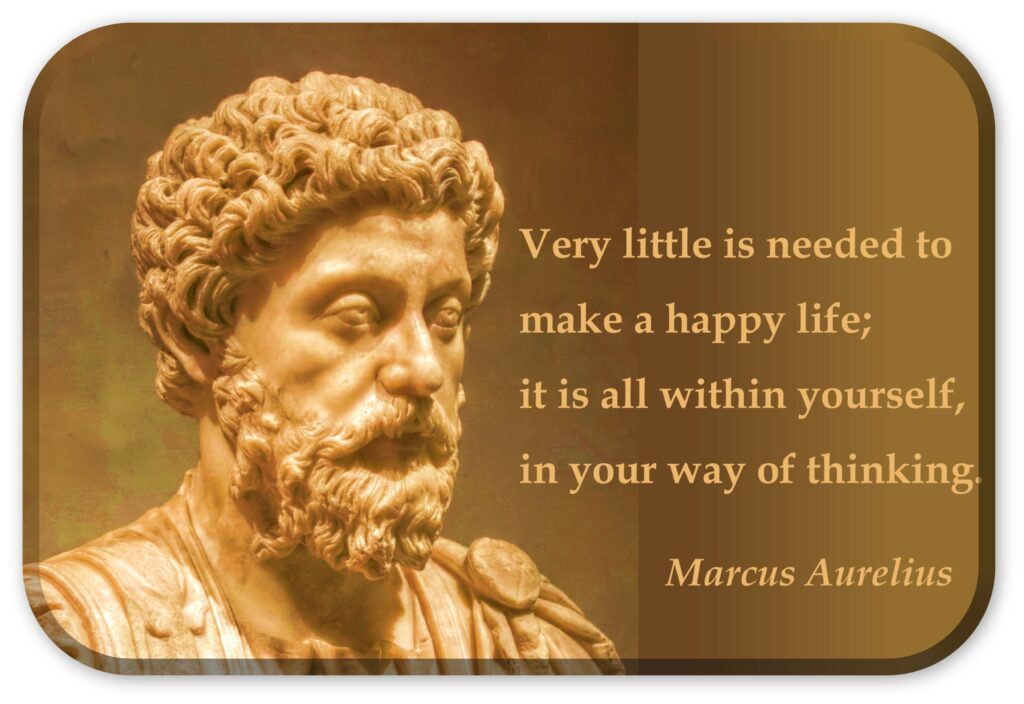
7 soft skills every LSP project manager can’t do without
Business Coaching
LSP project managers often begin their careers as translators or in some other non-managerial role in a translation company. They even come from other professions, but often hit the first wall when they see how little they know about business in general, effective communication in the workplace, planning and organization, decision-making, how people behave in organizations, and the like.
Technical knowledge is no problem at all
However, many LSP project managers or other middle managers such as production/localization/vendor managers are well-versed in translation tools such as Trados, MemoQ, or Memsource and translation management systems such as XTRF, Plunet, or Projetex. Technical knowledge about document handling is often not an issue at all and can be acquired quickly. Fortunately, there are also translation workflow automation experts such as BeLazy that help automate repetitive tasks so there is more time left to focus on people.
Many project managers started their careers thinking that dealing with technology and clients would be the hardest part of the job, but soon found that it was the “people skills” that were the most difficult to develop and practice.
Hard and soft skills must complement each other
So LSP project managers need to know a lot about language technology and people management while dealing with the daily stress of tight deadlines, arduous client demands, and sometimes free-spirited freelancers or demanding managers. You need to be a jack-of-all-trades, often caught between the hammer and the anvil.
Mastering new tools, new versions of existing tools, and constantly evolving and changing translation technologies – in short, hard skills – are also a must. This kind of upskilling can take a while, however, as it’s not easy to become an all-rounder, which is much needed in the translation and localization industry in such a position.
A tough job, isn’t it?
Soft skills are much harder to learn
They also absolutely need a set of soft skills to communicate effectively with all stakeholders, plan and organize projects, think on their feet, and understand the motivational factors and behaviors of the people they work with. Soft skills are more difficult to learn and take much more time.
That’s why they’re high on the list of required skills in job ads or job descriptions for project managers.
Below is a list of the top seven, based on our experience in this role and in dealing with many LSP project and production managers in business relationships.
1. Communication
Multiple emails from a couple of clients within five minutes, an instant message from a translator asking for clarification on a task, a midday Zoom meeting, a technical issue with a server, the final check on project delivery – just a snippet of an LSP project manager’s day.
When involved in processes with clients, suppliers, in-house translators, executives, technology experts and others, effective communication in the workplace is the number one soft skill. If communication fails, everything else can fail, from relationships to translation quality.
A good communicator not only writes well-structured emails, but is also a good listener, understands nonverbal cues, and knows how to explain things clearly and concisely. Learn more about effective communication in the workplace in our blog Communication skills need continuous honing.
2. Flexibility
New translation tool required by the customer, translators ask for help because the content is more difficult than expected, major clients need several large projects to translate at the same time – not uncommon in the LSP world. A project manager standing between the hammer and the anvil must be extremely flexible, bendable, so to speak, especially when we take into account the global volatile, uncertain, complex and ambiguous (VUCA) business world.
Flexibility is the ability to adapt to change. It shows how we respond to changing circumstances and expectations while keeping the company’s goals in mind. A flexible employee is willing to learn new systems to improve the overall efficiency of the organization, offers to work overtime during peak periods, or work overtime to help a translator meet a deadline.
To improve your flexibility:
■ Show courage to step out of your comfort zone.
■ Be open to learning new things.
■ Control your fears and don’t let them control you.
■ Be willing to help others even when you’ve too much to do yourself.
■ Stay open to new possibilities.
■ Be open-minded and accepting.
3. Time management
Understanding customer-specific requests, delivering regular and urgent projects, preparing instructions, moving deadlines, talking to stakeholders – what to do first, how do you organize your day, where do you find the time.
Time is the most expensive resource of a company and a person. Therefore, project managers must manage time while juggling everything that happens in a day. They must successfully manage the parts of a workday, prioritize tasks for themselves and other project stakeholders, meet internal and external deadlines, and effectively set goals for projects. It’s way too much, but fortunately there are many approaches to effective time management.
However, we all only have 24 hours in a day, and basically we organize ourselves, not time, but everyone calls it time management, so we should too. Here are a few tips for better time management:
■ Use the Eisenhower Matrix whenever possible
■ Eliminate all distractions like the phone and protect your space.
■ Identify and eliminate “time wasters” that eat away your time.
■ Think about your goals in general, year, month, week and day.
■ Set time limits and deadlines for all your tasks – an extremely useful habit.
■ Use time management tools like planners, apps or software for this.
■ Focus on the results, not the processes.
Always find some space for things that will fulfill you within a day.
4. Decision-making
Whom to assign a creative but time-consuming translation, should I stop working with a volatile freelancer, do I need to hire more translators on a large project, is a discount on a quote really necessary, what to eat for lunch – serious and trivial decisions that project managers (or together with team members and executives) have to make on a regular basis.
Depending on the situation or how you feel more confident or comfortable, you can use intuition or reason, but you’ve to stick to something. Sometimes we need more information, facts and figures, sometimes there’s too much information, sometimes there are too many people involved, and sometimes the process is too emotional. There are many approaches and tools to help make decisions effectively. If you need a quick and useful framework, read how Descartes can help you, and if emotions are involved, watch this video.
5. Motivation
It’s not uncommon for translators to feel like they’re working in a factory on an assembly line as more and more projects come up and deadlines get shorter and shorter. Or there are problems with communication and compensation that can lead to disinterest and low morale. These can be some of the reasons for a lack of motivation, and the project manager must be able to recognize this and act quickly and accordingly. Otherwise, productivity and performance may suffer and employees may leave the company.
It’s not easy to motivate people, because each person needs a different approach, and motivation is very individual. It’s important to know your team members’ personal values and find ways to align them with your company’s values.
Therefore, you might often:
■ Ask your people what makes them happy at work.
■ What subject areas they most enjoy translating, what tasks they find inspiring.
■ What other roles they’d like to take on in the company.
■ Observe their behavior in difficult situations and record your findings.
■ Praise their work regularly.
■ Worry about their future and career path.
These are just a few actions you can take to motivate your employees. Motivation affects company culture and good relationships, which are the foundation of any successful business in the long run.
6. Delegation
Many small and urgent projects have become almost the norm in the translation and localization industry. Many tasks also require long instructions. Sometimes it’s easier and faster for a project manager to do them themselves, but this can become quite expensive in the long run when such projects pile up. Project managers shouldn’t fall into this trap.
Good delegation skills are another must. Project managers should develop an approach to delegate certain tasks so that they can be confident that they’ll be done properly after completion without much intervention. On the other hand, team members will feel responsible and accountable, this will inspire them and build trust in the team.
Easier said than done, but here are some tips on how you can improve delegating:
■ Decide exactly what you want to delegate, because not everything can be delegated.
■ Select team members based on their strengths and preferences.
■ Determine the exact outcome you want to achieve.
■ Give adequate resources and authority.
■ Expect failure and mistakes.
■ Show patience.
■ Give and receive feedback effectively.
These are just a few tips that can help you think about delegating in a more structured way, but of course, there’s a lot of literature and training available.
7. Conflict management
Whether you like it or not, when you work with people, disagreements, bad feelings, grudges, and other conflicts happen all the time. They often start with minor disagreements about how to translate different terms, what global corrections to make, opposing opinions or interests, or due to major differences between personalities or responsibilities.
Conflicts must be managed as quickly as possible, or the resulting strained relationships and negative atmosphere can erode the entire team. This, in turn, leads to lower motivation and productivity, which in turn leads to turnover.
Here are some tips on how you can effectively manage conflict:
■ Be aware that all communication comes from us – don’t interpret and stay objective as much as possible.
■ Approach people and show them your appreciation and respect.
■ Respond in a timely manner before more hostility arises, but at the same time be patient.
■ Learn to listen with your heart without judging or blaming.
■ Put yourself in the other person’s shoes and take their perspective.
■ Focus on the solution in the future and relate to the company values.
■ The other person’s progress.
■ See the conflict as an opportunity.
We are what we think
Also be aware of how our thoughts influence our feelings, which in turn influence outcomes. This is called the stoicism model and can be also applied to conflict resolution and decision-making as well as many other soft skills.
In our experience, these are the seven most important soft skills that any LSP project manager (or any other middle manager) must possess to be successful in their role. There are many other soft skills such as critical thinking, persuasion, and reliability, but we’ve chosen these seven for now. Others may rank them differently, but they all might actually be number one. It all depends on you and your team’s situation.
Soft skills for efficient management
Generally speaking, these seven soft skills together with ever-needed and desired empathy reinforce your capabilities for:
■ Leadership
■ Team building
■ Problem-solving
■ Stress management
■ Taking responsibility, accountability, and ownership
Of course, the above-mentioned is the subject to separate topics that we’ll cover in upcoming blog posts.
Until next time, you can expand your knowledge of some soft skills, for example, by reading Bryan Tracy’s Eat that Frog and Time Management. There are tons of other books on these subjects, but these two are iconic.
Another, faster and more customized solution would be to work with an expert.
In our workshop Boosting the managers’ business savvy you will learn how to create a good teamwork and win the hearts and minds of your customers!
















